Are you a Matcha seller? Join as a Vendor
USDA Organic is a certification requiring 95% organic ingredients verified by authorized agents. Matcha brands gain consumer trust and premium positioning.
There are no results matching your search
There are no results matching your search Reset filters?
USDA Organic certification is a federal standard that guarantees matcha contains at least 95% organic ingredients and meets strict agricultural requirements. This certification transforms matcha production by eliminating synthetic pesticides, herbicides, and GMOs from the entire supply chain. For matcha brands and producers, it’s become a powerful tool for building consumer trust and commanding premium pricing in a market projected to reach $7.43 billion by 2030.
The certification process demands comprehensive documentation through an Organic System Plan that covers every aspect of matcha production. Farmers must maintain soil quality without synthetic fertilizers for at least three years before certification, relying instead on organic amendments and natural pest control methods. Processing facilities can’t allow contamination between organic and conventional products, requiring separate equipment or thorough cleaning protocols.
Third-party inspectors conduct annual on-site visits to verify compliance, reviewing records and sometimes conducting surprise inspections with residue testing. The entire process typically takes 3-6 months from application to certification, with ongoing annual renewals required to maintain organic status.
Organic matcha commands premium pricing due to increased production costs and certification expenses, but consumer demand supports these higher prices. The global organic matcha segment grows at 9-11% annually, outpacing conventional matcha growth rates. Consumers increasingly prioritize chemical-free products and view USDA Organic as a guarantee of safety and quality.
The certification provides complete supply chain transparency, allowing consumers to trace their matcha from farm to package. This traceability reduces buyer risk and builds brand loyalty, particularly important as health-conscious consumers seek products free from synthetic chemicals and GMOs.
Matcha producers face several hurdles when pursuing organic certification. The process requires substantial documentation, regular inspections, and compliance with complex import regulations including NOPID certificates for international trade. Small-scale farmers often struggle with certification costs and the labor-intensive nature of organic farming practices.
USDA Organic certification differentiates matcha brands in an increasingly crowded market. While JAS Organic serves the Japanese market and EU Organic covers European consumers, USDA certification provides international recognition and access to the lucrative American market. Certified organic matcha often contains higher antioxidant levels, though some consumers note a slightly more bitter taste compared to conventional varieties.
The certification’s rigorous standards create consumer confidence that drives purchasing decisions. As the organic matcha market approaches $12.6 billion by 2033, brands with USDA Organic certification position themselves to capture growing consumer demand for premium, health-focused tea products.
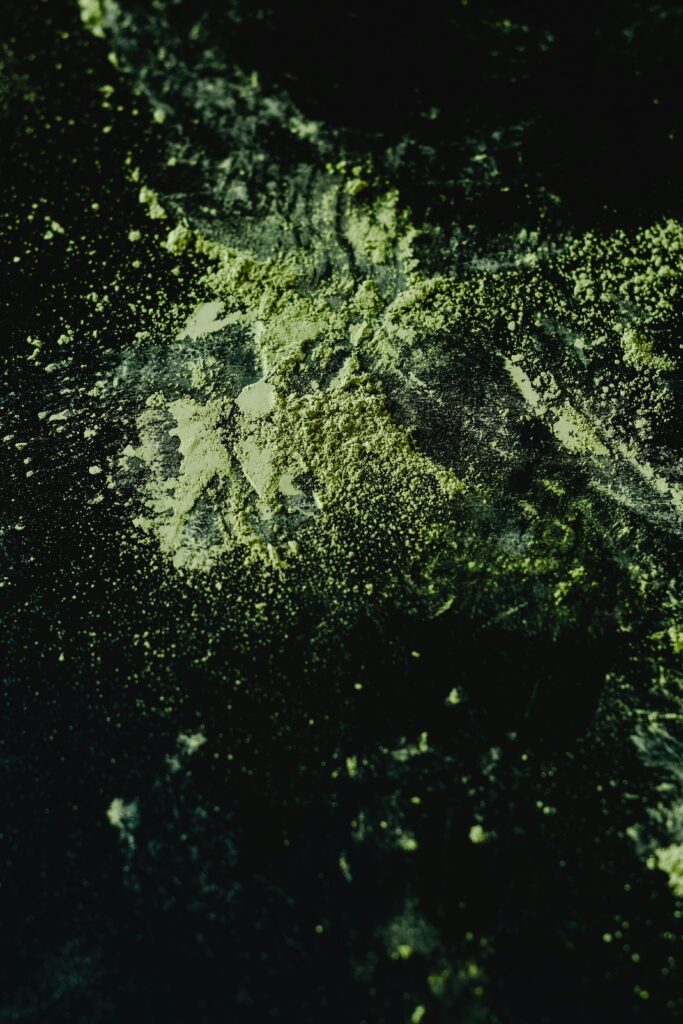
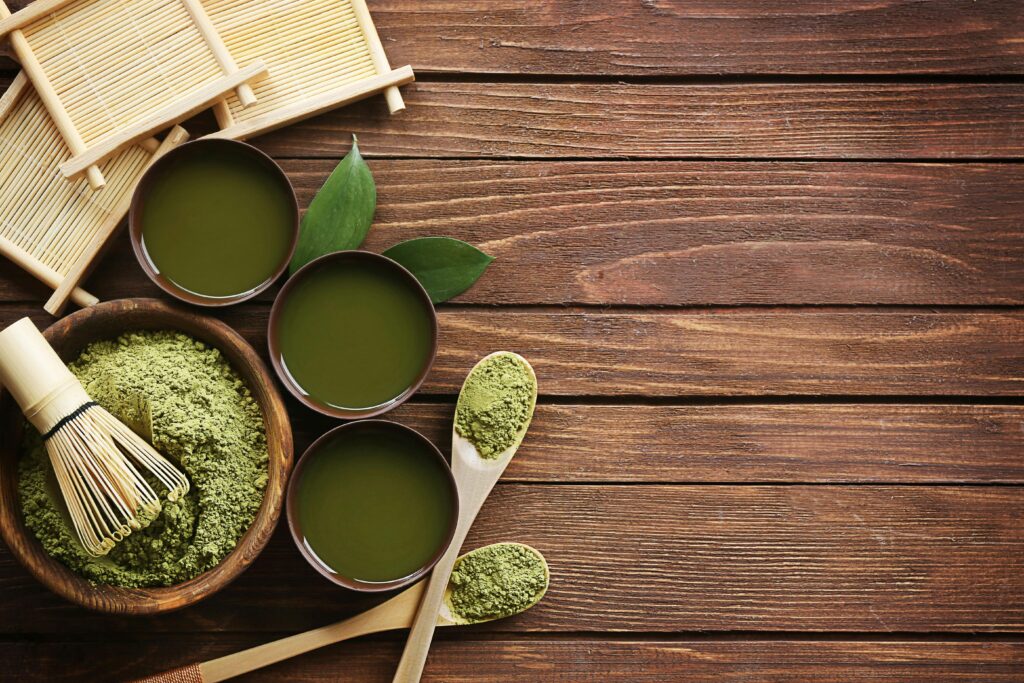
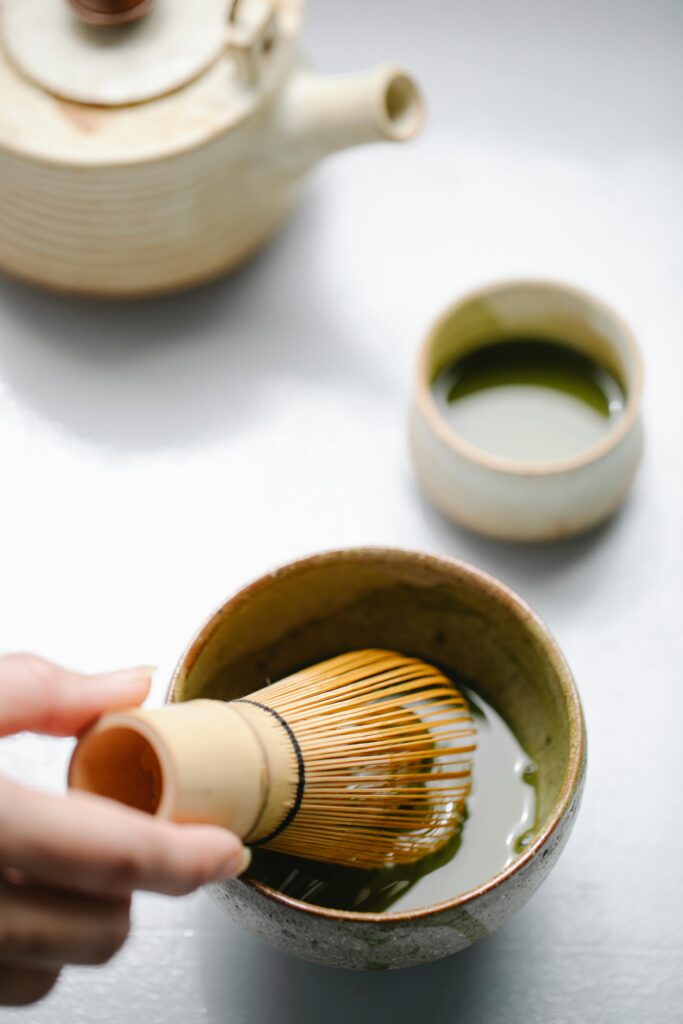
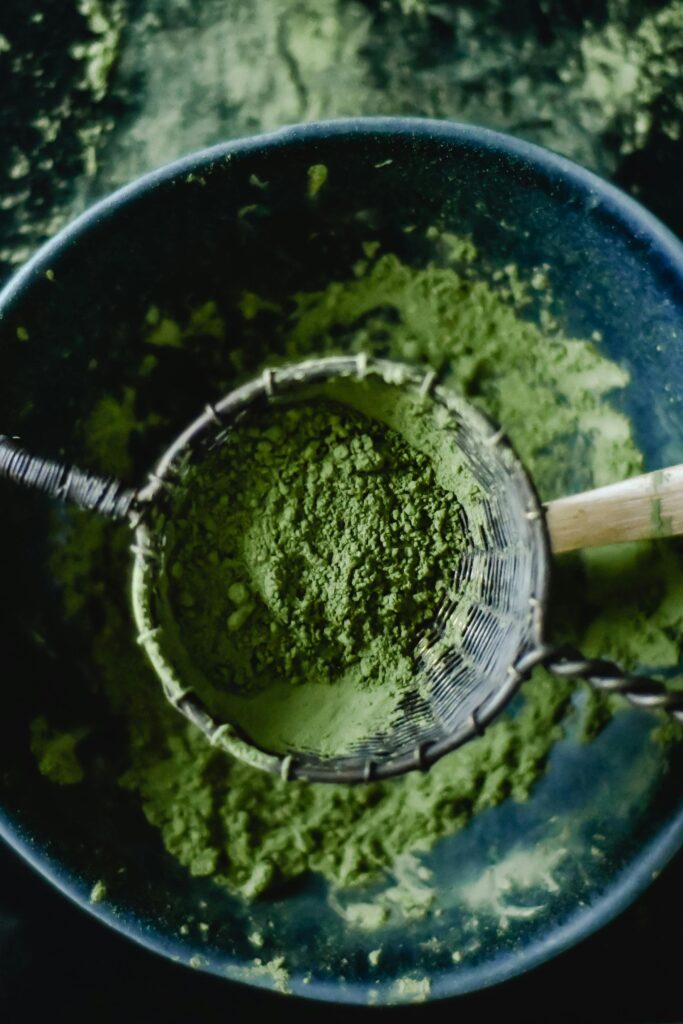
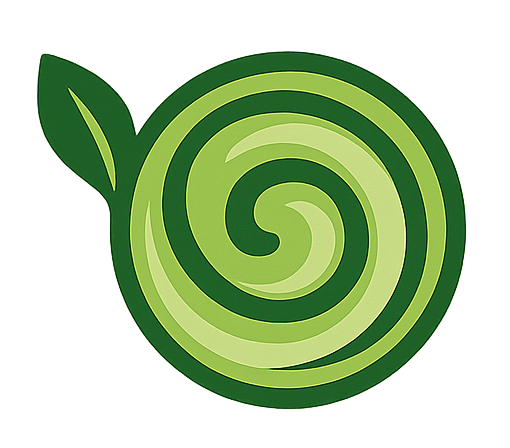
Join our mailing list to receive updates and exclusive tips.
There are no results matching your search